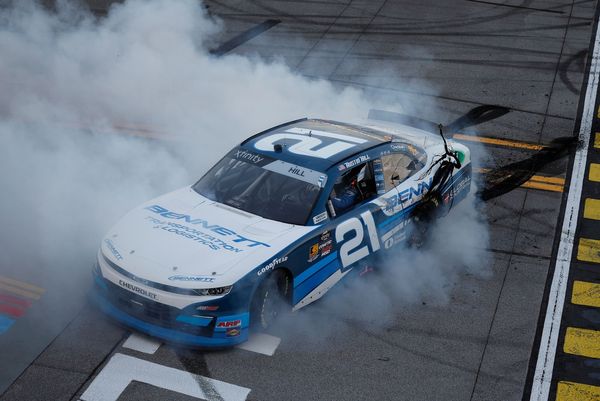Everyone was convinced that Dr. Lisa Bliss had asthma. Everyone except Bliss.
The physical medicine and rehabilitation doctor from Washington was an elite-level bicyclist when she began experiencing unexplained shortness of breath around the age of 50. Those steep biking hill climbs she loved? Impossible. Taking the stairs at work incapacitated her for 15 minutes. She'd have to ask her husband to slow down while walking through the airport.
"I'm a hill climber because I'm small," she told Investor's Business Daily. "But I couldn't do the hill climbs. Everyone passed me. I have friends older than me that were passing and I just couldn't breathe. ... I thought, 'I've lost my mojo. I'm done racing.'"
Her story is like those of other patients with obstructive hypertrophic cardiomyopathy, or oHCM. The genetic disease leaves patients with thick heart muscle tissue that obstructs blood flow, leading to shortness of breath, chest pain and palpitations, alongside other symptoms.
Still, it took the better part of a decade before Bliss received her diagnosis. Her doctor immediately started her on beta blockers, the standard treatment for oHCM. But the beta blocker didn't do anything for Bliss. In fact, she experienced debilitating side effects.
On Saturday, Cytokinetics explained why.
The company ran a six-month study of patients with oHCM. They received either a beta blocker or the experimental drug aficamten. Aficamten blocks myosin, a protein involved in contracting the heart. On every measure, but one, aficamten outperformed the beta blocker.
Beta blockers didn't improve exercise performance. Patients actually worsened, according to Fady Malik, Cytokinetics' executive vice president of research and development. The beta blocker didn't treat the obstruction, nor did it reduce pressure on the left ventricle. Biomarkers also showed no improvement.
"We've been using this drug that's relatively ineffective for a long time," he told IBD.
Cytokinetics Takes On Standard Of Care
Today, Bliss is taking Bristol Myers Squibb's Camzyos. Like aficamten, Camzyos blocks myosin. In HCM, mutations in the myosin gene lead to increased heart contractility. This results in thicker heart muscle and obstructed blood flow.
Aficamten is a next-generation version of Camzyos, says Cytokinetics Chief Executive Robert Blum. It has a shorter half-life. This means it leaves the patient's body quicker. Physicians can increase the dose rapidly — and in a safe way — to relieve symptoms sooner.
The Food and Drug Administration is due to make a decision on approving aficamten for patients with obstructive HCM in December. The study revealed Saturday, dubbed Maple, won't be a part of that FDA decision. The approval decision is based on a study called Sequoia, which showed patients improved on aficamten while also taking beta blockers.
But Cytokinetics wanted to answer the question of whether aficamten is superior to beta blockers. On all but one measure, aficamten showed a statistically significant improvement from beta blockers.
The last goal of the study was a measure of ventricular mass, which is the mass of the heart's left ventricle compared with the patient's body size. Aficamten numerically beat out the beta blocker, but the result wasn't statistically significant.
"This will be a quite provocative conversation when these data are presented next weekend because it really does call into question something that's been standard of care for decades," Blum said in an interview ahead of the results.
50% Obstructive Form Of HCM
Cytokinetics is also testing aficamten in patients with non-obstructive HCM, or nHCM. Those results are due next year.
That's not Bliss' population, though. She has the more severe form of HCM, which affects roughly half of the total patient pool. During her diagnosis on March 31, 2023, everything on her echocardiogram was "severe," she said. That was seven years after an emergency room doctor — who was X-raying her for injuries related to a bike crash — said she had an enlarged heart.
"It was clearly HCM," she said.
Today, she's on Camzyos, the predecessor to Cytokinetics' aficamten, and doing well.
"I'm faster than I was seven years ago," she says. "My endurance is great. My power is great. All of it is better than before."
And the climbing that her 5'1" frame loves? It's back. She recalled a recent bike race. It was sandy. It was hot. And the hills were brutal.
"But there were climbs that I was able to do where strong men on their bikes had to dismount and walk their bikes up," she said.
Follow Allison Gatlin on X/Twitter at @AGatlin_IBD.







